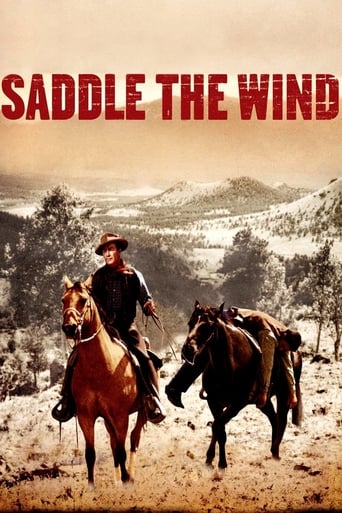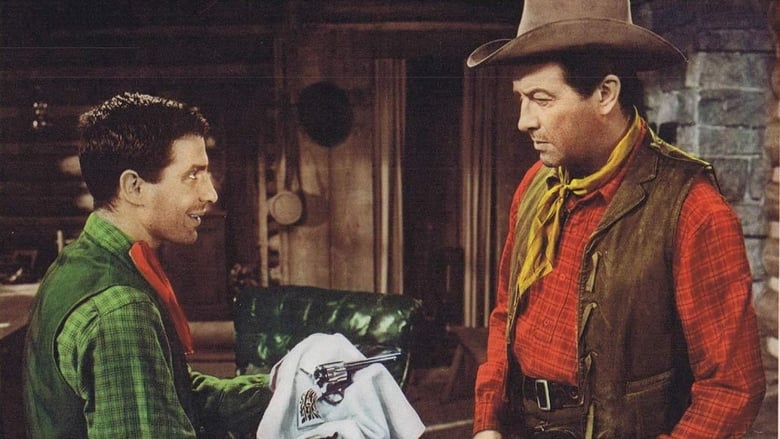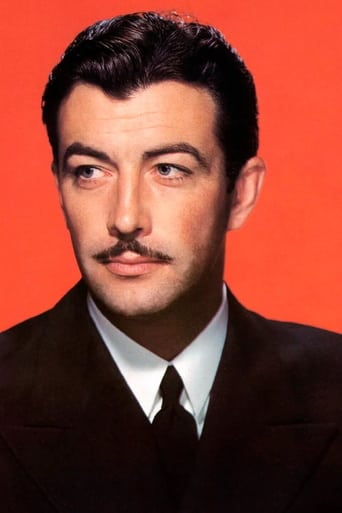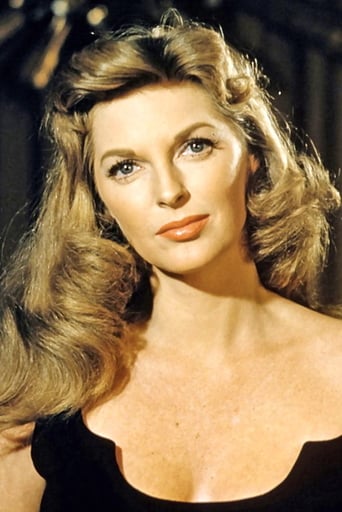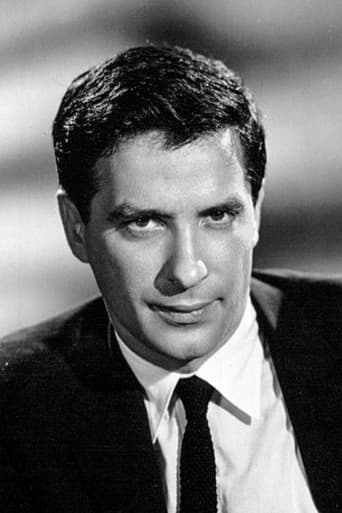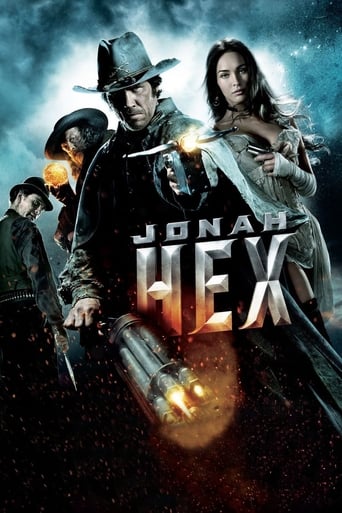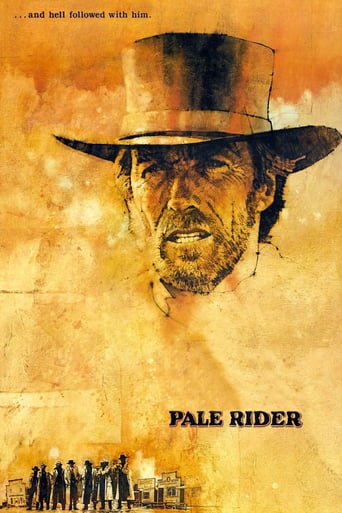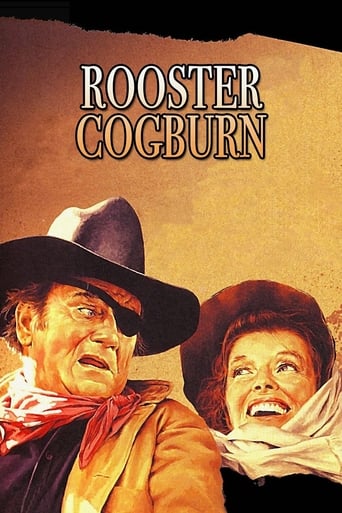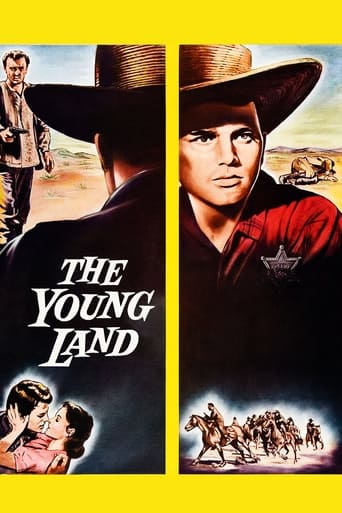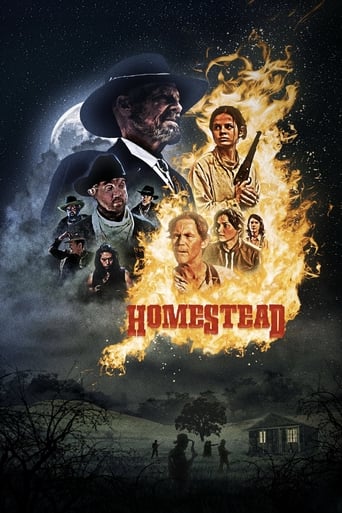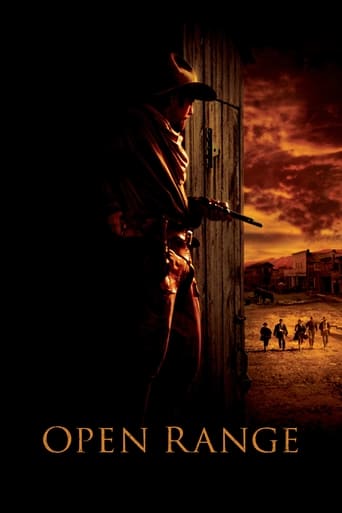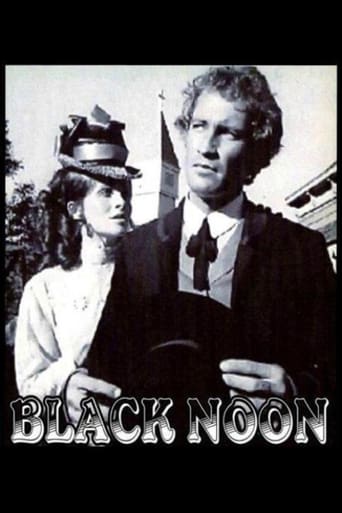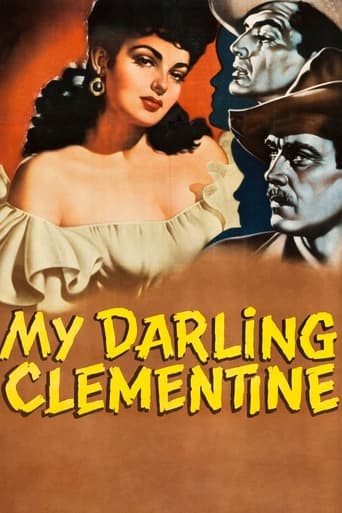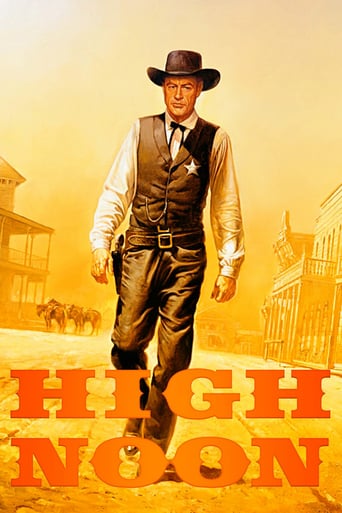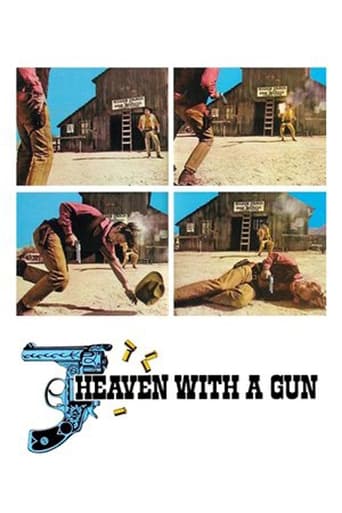Saddle the Wind (1958)
Steve Sinclair is a world a world-weary former gunslinger, now living as a peaceful farmer. Things go wrong when his wild younger brother Tony arrives on the scene with his new bride Joan Blake.
Watch Trailer
Cast


Similar titles
Reviews
Highly watchable Western based on a story by Thomas Thompson with screenplay by the prestigious Rod Serling ; dealing with confrontation between family members and about fights between cattlemen and homesteaders . The picture gets action Western , shootouts , wonderful outdoors and turns out to be quite entertaining with amazing visual style . This interesting movie is set in post-Civil War ; it features Steve Sinclair (Robert Taylor) , a world a world-weary , prior gunfighter , now living as a peaceful farmer , his wild younger brother Tony (John Cassavetes) , and a previous dance hall girl , Joan Blake , (Julie London) , masquerading as a lady . Tony meets the cabaret girl Joan and impulsively to marry her , returning to run the family ranch . Then , things go awry when Tony arrives on the scene with his new bride Joan Blake . Everyone there is enchanted with Joan ; however , when some settlers (Royal Dano) appear , events go wrong . Agreeable Western packs drama about sibling squabbles , thrills , shootouts , go riding and some moving action sequences . It's a medium budget film with good actors , technicians , production values and pleasing results . In this case family feuds make for a really thrilling film , as it contains a thoughtful and thought-provoking script regarding to the ranch scenarios , adding ranchers confrontations , joining Western with melodrama . As well as making full of sense , intense drama and intelligence . ¨Saddle the wind¨ was hardly received its fair due and panned by some critics , as Western genre being past their peak of popularity . And the final is poignantly as well as dynamically unexpected , including an exciting duel . Good performances from Robert Taylor as obstinate ex-gunslinger , this is the best movie of Taylor's later work ; John Cassavetes as reckless as well as nutty young brother who gives a mannered but intelligent acting and Julie London as his bride who bears a dark past . Julie London catches the eye carrying out an imaginative and gorgeous acting ; besides , playing an attractive song . Large plethora of secondaries , such as Charles McGraw , Royal Dano , Richard Erdman , Ray Teal and special mention for Donald Crisp as old patriarch baron land . Colorful and glimmer cinematography by George J. Folsey , being magnificently illuminated in Cinemascope and Metrocolor , setting itself against the marvelous backdrop of the Colorado Rockies , actually filmed on location in Rosita , Colorado . Evocative as well as atmospheric musical score by the great Elmer Bernstein , along with a catching song at the beginning composed by Jay Livingstone . However , a first soundtrack was written and recorded by Jeff Alexander but had to be replaced due to extensive re-cutting . The motion picture was professionally directed in sure visual eye by Robert Parrish providing an abundance of noisy acting , color and stirring happenings . Among his best received works was this brooding western ¨Saddle the Wind¨ (1958) . He was an Academy Award-winning film editor who also realized and acted in movies . Parrish was soon working on some of Hollywood's most prestigious films, cementing his reputation as one of the America's premier editors . Unfortunately, while many of his directorial efforts were visually impressive ,especially his war drama , ¨The Purple Plain¨ , his labour as editor was excellent . As an editor he won an Academy Award for Body and soul (1947), the 1947 Robert Rossen film that starred John Garfield as a money-grubbing, two-timing boxer on the make . Parrish also worked on All the King's Men (1949), an account of the rise and fall of a Louisiana politician that won the Academy Award for Best Picture . Parrish then moved on to direct films during the 1950s and 1960s . He realized a variety films of all kind of genres , such as melodrama : ¨Fire down below¨ , comedy : ¨The Bobo¨ , parody : ¨Casino Royale¨ , a Noir film titled ¨Cry danger¨ , a Sci-Fi picture titled ¨Journey to the far side of the sun¨ , a thriller titled ¨The Marseille Contract¨ or ¨The Destructors¨ and another strange Western called ¨A town called Bastard¨. And of course , ¨Saddle the wind¨¨ resulted to be one of his best films .
The casting in this film is mighty strange. The idea of John Cassavetes and Robert Taylor playing brothers just didn't seem right. Part of this was their styles of acting, part of it was because they looked nothing like each other and was they the difference in their ages was 18 years--old enough that perhaps Cassavetes would have been better cast as Taylor's son! But, as Taylor was a big-name actor, there was no way that MGM would cast the younger actor as his son.The film begins with the younger brother (Cassavetes) coming home with a woman (Julie London). They are planning on marrying and oddly Taylor doesn't do a lot to make her feel welcome. Later, when Cassavetes and London go into town, a pivotal moment arrives. A gunslinger is looking for Taylor, as years before, Taylor had been a gunman but had retired. It seemed that this gunslinger (played menacingly by Charles McGraw) is looking for a fight--and Cassavetes is more than willing to oblige. When Cassavetes manages to beat the guy to the draw, it was a fluke...but now there was a HUGE change in him. Now Cassavetes was a strutting and obnoxious moron--intent on proving to everyone that he is now a big man! And, in the process, London has come to realize that he's not the man she'd hoped to marry.A bit later, some squatters begin farming on land that everyone was assumed was going to stay open range. Taylor tries to get them to leave with no success. However, when Cassavetes and his no-good friend later come upon these same folks, because they were now drunk on alcohol and power, they bully these people and might have killed them had it not been for Taylor's return. In the process, it seems that the bond between brothers is broken--as Cassavetes is too ill-tempered and obnoxious to take Taylor's intervention as anything other than a grave insult. The pip-squeak little brother was not about to just accept this and the viewer KNOWS that a much more deadly showdown is brewing.While many elements of the film are quite familiar (and reminiscent of such films as "Night Passage") and the casting was very strange, this was still a good and successful western. Most of it was because the script was well-written despite its clichés (in the west, there really were very, very few gunslingers, for example) and the acting very nice. Not a great film but one worth your time.
The plot is straightforward and the milieu is entirely familiar-- open range vs. fenced farming, reformed gunslinger vs. trigger-happy kid, lots of grizzled guys and leather vests, a pointless saloon girl-- but it has enough originality and a solid enough script to transcend formula. It also has two crucial bonuses:First, the location. There's only one long shot showing the entire Western town, but I've never seen a more decrepit or believable one- - because it's a real one. Rosita, Colorado, west of Pueblo, was well on its way to becoming a ghost town in the late 1950s (it actually is one now, in the middle of exurbs). It had only three or four wooden buildings, plus a few scattered homesteads between them and the mountains. It delivers total verisimilitude. Quite a few scenes are shot in the wilderness, too, with meadows bursting with purple wildflowers. A real Western settlement in a gorgeous wilderness-- it is iconic, far more than John Ford's Monument Valley, which is unrepresentative of any other Western landscape.Second, the supporting cast. The faces are all more familiar than the names. Royal Dano and Irene Tedrow as squatters, Charles McGraw, Ray Teal (Bonanza's sheriff), Douglas Spencer, and as barkeeps, the wonderful Stanley Adams (Cyrano Jones, tribble salesman) and the forever-unheralded Jay Adler (Stella's brother). Adler's worth his weight in silver-- Rosita was a silver-mining settlement-- and he's in the first scene so catch that at least.The reason that mother lode of character actors matters is because-- along with always-fine Donald Crisp and better-with-age Robert Taylor-- they carry this movie. The relative novices involved-- writer Rod Serling, actress/singer Julie London, and fish-out-of-water John Cassevetes -- handle their duties well enough. But they just can't measure up to that roster of seasoned pros, a cast that has been in so many Westerns, they feel as authentic as Rosita.
In the 1950s, the best way to attack an intolerably conformist society was to take a harmless 'popular' genre and subvert it, overturn its assumptions. Sirk did it with the woman's picture, Minnelli with the musical, Hitchcock with the thriller; Robert Parrish does it here with the Western, with a vision of Eisenhower family-values capitalist America as a medieval feudality, where everyone must pay obeisance to a landowner, where the stable family unit consists of a killer and a wild sexual neurotic, and where capitalism is actually destructive to the family and continuity, a sterile thing.Whether John Cassavetes is an embodiment of the Western hero gone wrong, the pressure of capitalism turned in on itself, or a rebel without a cause, the film is full of powerful incident - Cassavetes' first insane shooting spree, which he ends by shooting his own puddled reflection; the drunken attack by Cassavetes and friend on a family of homesteaders, uncomfortably reversing the old attacking-Indians routine; the Leonesque showdown between Cassavetes and Ellison backed by his own brother. Very much a post-'Searchers' Western, land here is synonymous with spilt blood not destiny.

